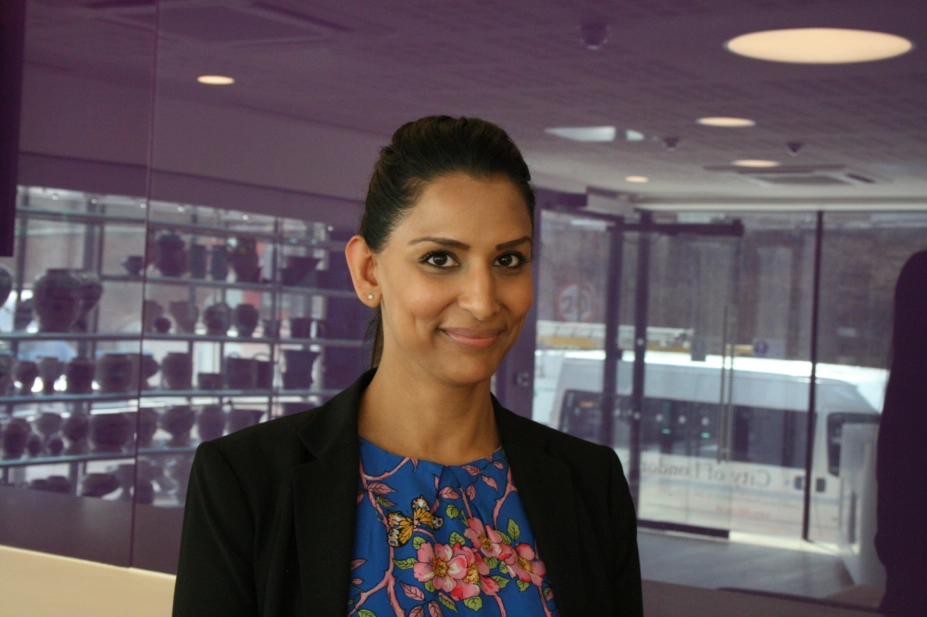
Nic Bunce / The Pharmaceutical Journal
Nadia Bukhari, a former member of the Royal Pharmaceutical Society (RPS) English Pharmacy Board (EPB), has been appointed as a global lead for gender equity and diversity with the International Pharmaceutical Federation (FIP).
She will focus on work in the WHO’s EMRO region, which covers 21 states in the Eastern Mediterranean, with a particular focus on lower-middle income countries in the Commonwealth.
Bukhari is one of three such leads appointed, with each focusing on a different region of the world.
The new role, part of FIP’s workforce development hub, was created to address gender and diversity inequalities in the pharmaceutical sector, as part of FIP’s Pharmaceutical Workforce Development Goal 10: pharmaceutical workforce gender and diversity balances.
Commenting on the appointment, Bukhari said her interest in gender equity in the global pharmaceutical workforce was sparked by work in Pakistan.
“I do a lot of work in Pakistan, meeting with pharmacy leaders, and visiting different universities and institutions to deliver lectures. Yet I’ve often been the only woman in a photo opportunity. After I while, I started to ask: ‘Where are all the women?’.
“I saw a lot of female pharmacy students and pharmacists, but that wasn’t mirrored in leadership positions.”
Earlier in 2019, Bukhari approached the Pakistan Pharmacists’ Association to propose an alliance: the National Alliance for Women in Pharmacy in Pakistan.
“I spoke to male leaders there and they said that they really wanted to support female pharmacists within Pakistan to achieve their potential, take up leadership positions, upskill, and to make the workplace environment more favourable so that women can work for longer hours,” she said.
This experience led Bukhari to work with FIP, because “I hoped that Pakistan could be a pathfinder for their released their gender equity, #EquityRx, agenda”.
Bukhari has stepped down from the RPS EPB to focus on her work at FIP.
She said her first priority is to use her experience in Pakistan to “develop a model for other countries to form women’s collectives in pharmacy, like the one I created in Pakistan”.


